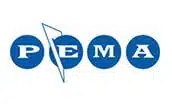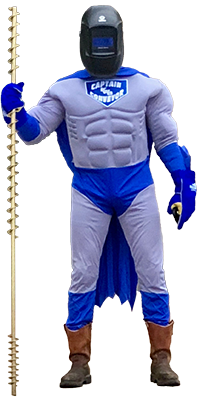Hopper Storage for Wet Calcium Carbonate Pellets at Klein Water Treatment Facility Commerce City, CO
General Description
Klein Water Treatment Facility in Commerce City, CO has a treatment capacity of 14 million gallons per day. The plant provides services for the northeastern portion of the Denver metroplex and has over 300 miles of sewer lines that feed into this location. The municipal authority needed expansion and storage for wet calcium carbonate pellets used to raise the pH level of water for treatment. Moltz Construction and KWS supplied the plant with two large storage hoppers that served as a holding point for load out to dump trucks.
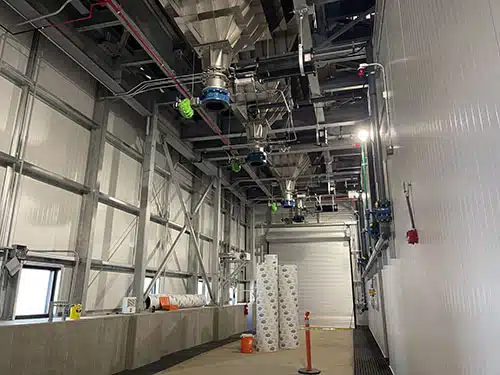
KWS Supplied Two Large Hoppers for Storing Wet Calcium Carbonate Pellets
Design Parameters
- Product Type: Wet Calcium Carbonate Pellets
- Material Density: 105 to 126 Lbs. per Cubic Foot
- Hopper Capacity: 1,450 Cubic Feet per Hour | 2,900 Cubic Feet Total Hopper Capacity
- Duty: 24 Hours per Day, 7 Days per Week
KWS Advantages
KWS and Moltz Construction worked together to develop the largest possible storage system for the given space and ensure consistent flow of pellets to load out. KWS provided experience of designing large storage hoppers for both wet and dry bulk materials. With the largest engineering staff in the industry for bulk material handling equipment, KWS provided site visits and 3D models prior to making a design submittal.
KWS Special Features
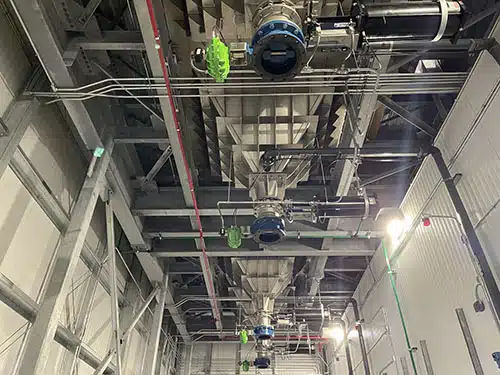
Excess Water is Removed Before Discharging Pellets to Trucks
KWS designed two dual pant-leg style hoppers, each with a large, rectangular box region resting on the floor above with the pant legs hanging above the truck load out zone. A heavy-duty W-beam structure was attached to the existing building structure and utilized load cells at all corners to give an accurate readout of the weight of the pellets to within 0.5-percent accuracy. Cross-lattice bracing on the exterior hopper walls eliminated any internal supports and potential product build-up.
The top covers of the hoppers were designed as a walking and working zone for easy maintenance. Internal hopper walls and welds were bead blasted and cleaned to eliminate potential product build-up and reduce water collection areas. All materials of construction were 304 stainless steel to withstand corrosion.
Level sensors located directly above each discharge point provided accurate readings of pellet volume in the hoppers. The discharge of each pant leg was equipped with a large drain to allow removal of water prior to removal of pellets to avoid filling trucks with unnecessary water weight. A dual valve system was utilized for separating water from pellets. Each pants leg discharge had a knife gate in series with a butterfly valve. The knife gate valve was watertight and prevented water from leaking out of the hopper.
A drain system removed water from the hopper. Once the water was removed, a butterfly valve opened and discharged pellets into trucks. KWS provided controls for monitoring weight and pellet volume. The controls were integrated into the existing on-site controls scheme. KWS supplied two complete hoppers with valves so multiple trucks could be loaded at one time.
Testimonial
"Both hoppers fit into the existing structure with no problems. We have had no plugging or flow issues since operating and we are very happy with the equipment."
Frank Borst, Senior Project Manager – Moltz Construction
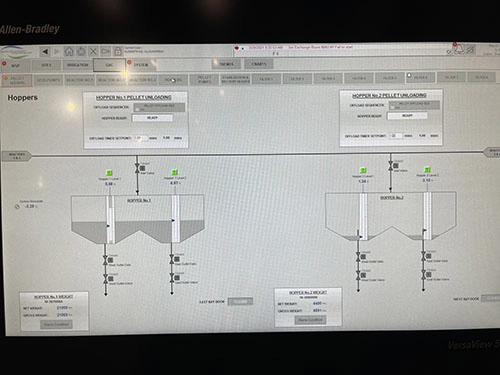
KWS Controls Monitor Weight and Pellet Volume
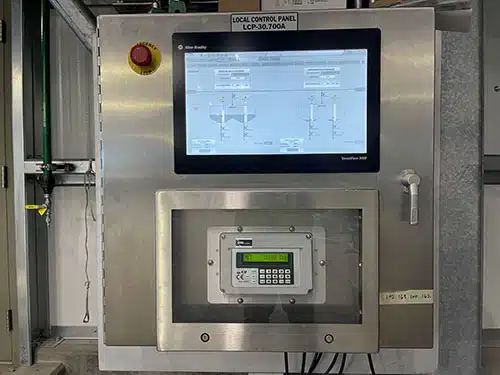
KWS Controls Meet Hazardous Area Classification
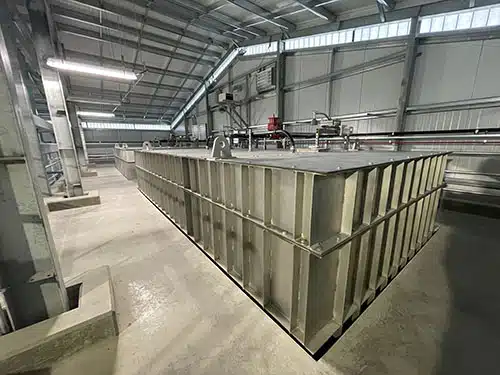
Upper Rectangular Hopper Section is Supported by Floor
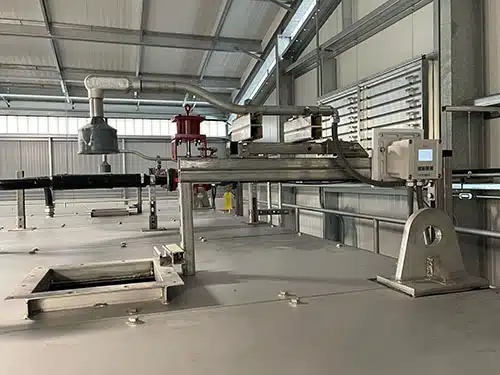
Level Sensors Provide Accurate Hopper Volume


